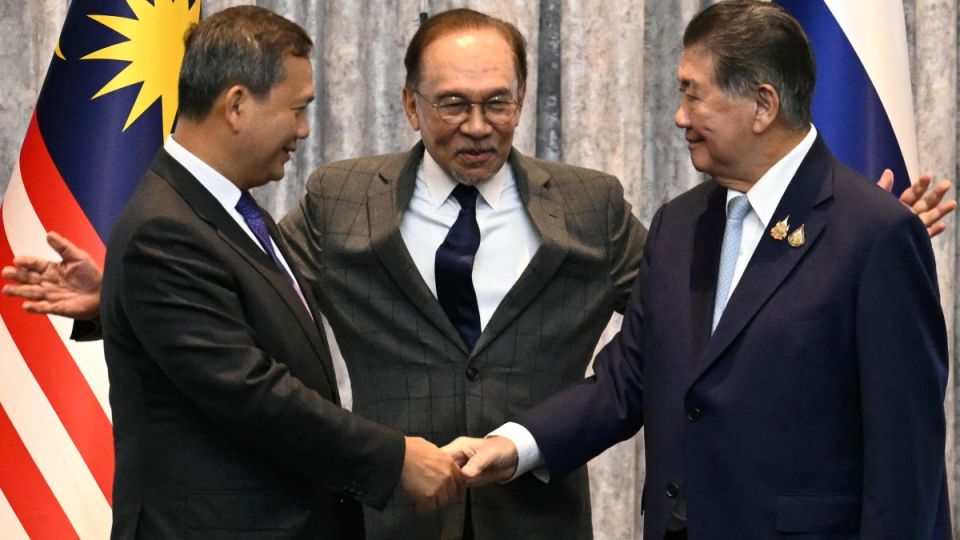July 29, 2025
PETALING JAYA – The Thailand-Cambodia ceasefire is a step forward for peace but more must be done to ensure it lasts, geopolitical experts say.
Describing the Malaysian government’s offer to be a mediator as “very much needed” due to the brewing political tensions between the two nations, political analyst Azmi Hassan said it is unlikely that either Thailand or Cambodia would unilaterally call for a ceasefire.
It also bodes well for the country that both nations chose Malaysia as a location for the peace talks, he said.
He recommended that Malaysia consolidate its role as mediator by ensuring that the United States, China and other Asean partners, be involved in the upcoming peace negotiations.
Having more parties involved could help ensure a longer-lasting peace agreement and reduce the likelihood of conflict reigniting, Azmi added.
ALSO READ: A full stop to border row
Universiti Kebangsaan Malaysia international law expert Prof Dr Salawati Mat Basir said the quick ceasefire agreement had showcased Malaysia’s key role as an Asean chair to ensure peace.
She, however, warned that the Malaysian government must continue to play a central role in peace negotiations to prevent a possible over-complication of terms due to influence from global superpowers.
“By acting as the primary mediator, we can help prevent superpowers from intervening and influencing peace talks in a regional conflict,” she said, adding that Malaysia must stand ready to prevent any influence from complicating peace talks between the nations.
Universiti Malaya International and Strategic Studies Department lecturer Assoc Prof Dr Khoo Ying Hooi said the Malaysian government should use this ceasefire to establish clear conditions to prevent future conflict.
“The root cause of this conflict has not been resolved and will likely take a long time (to address), so the focus for now must be on setting up effective mechanisms to prevent the tensions from flaring up again.
“Then, we can work towards finding out what triggered the clash, demilitarise the hot zones and set up a joint border committee between Thailand and Cambodia with a third party like Malaysia to oversee it,” she said.
Malaysian Islamic Youth Movement president Ahmad Fahmi Mohd Samsudin called for the establishment of an Asean independent and neutral monitoring team to ensure smooth implementation of the ceasefire.
“Delivery of Asean humanitarian aid must also begin urgently to all affected, particularly to displaced communities and those who have suffered casualties due to the conflict.
“We also urge the people of Thailand and Cambodia to refrain from spreading provocation or unfounded accusations online, which may hinder the pursuit of lasting peace,” he said.

